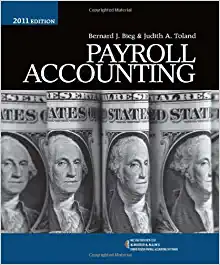Question
AIco, a private company (not a public company), made a two-year employment contract to attract Yoshi as its Chief Compliance Officer. Each year under the
AIco, a private company (not a public company), made a two-year employment contract to attract Yoshi as its Chief Compliance Officer. Each year under the contract, Aico will pay Yoshi $200,000 cash and 500 Crypto R units (a cryptocurrency). In July 2017, at the time of the signing, each unit of Crypto R was worth $100. AIco had acquired 1,000 Crypto R units in 2017 at $100. In 2018, during the first year of the contract, each unit of Crypto-R increased to an average of $200. Thus, in 2018 Aico deducted $400,000 of compensation for Yoshi. In 2019 (the second year of the contract), each unit of Crypto R soared to $8,000. Thus, in 2019, Yco's deducted $4,200,000 in compensation for Yoshi. The IRS reduced AIco's deduction in both 2018 and 2019 to $250,000 per year, disallowing any compensation above that amount. The IRS believed that each year Aico had effectively sold 500 shares of Crypto R.
AIco had self-reported tax liabilities on its 2019 returns but did not pay them. The IRS was attempting to collect about $270,000 when it sent Yoshi a Collection Due Process (CDP) notice in April 2020. AIco timely requested a CDP hearing, but blew off attending the hearing. However, AIco was given a second chance in the form of an additional two weeks after the scheduled hearing. AIcosaid it did not believe it was proper to collect any taxes until the Covid-19 Pandemic was over, whenAIco was located in a federally declared disaster area.
Q. Identify relevant code provisions regarding this case.
Step by Step Solution
There are 3 Steps involved in it
Step: 1

Get Instant Access to Expert-Tailored Solutions
See step-by-step solutions with expert insights and AI powered tools for academic success
Step: 2

Step: 3

Ace Your Homework with AI
Get the answers you need in no time with our AI-driven, step-by-step assistance
Get Started


